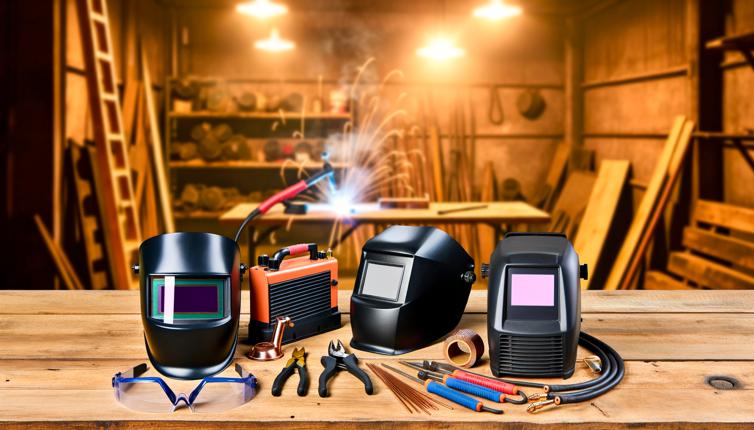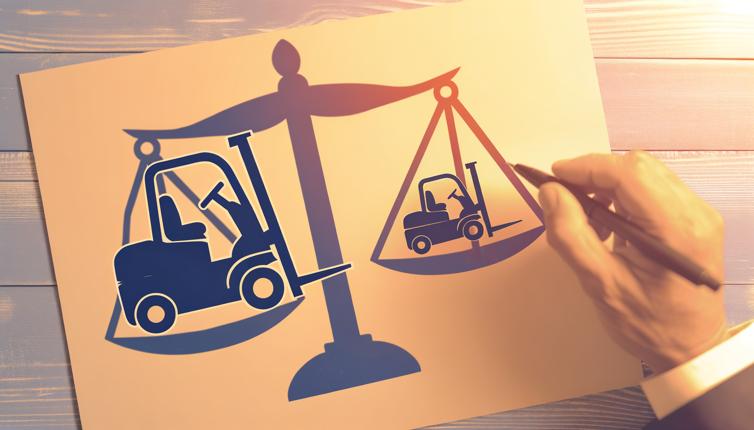Understanding Your Project Requirements
The first step in selecting the ideal crane for your construction project is to understand your project requirements. You need to consider factors such as the weight of the objects to be lifted, the height and reach required, and any specific conditions or constraints of the construction site.,Evaluate the weight of the heaviest object that needs to be lifted. This will determine the lifting capacity of the crane you need. Make sure to account for any additional weight due to attachments or lifting devices.,Consider the height and reach requirements of your project. Determine the maximum height the crane needs to reach and the maximum horizontal distance it needs to cover. This will help you choose a crane with the right boom length and lifting capacity.,Take into account any specific conditions or constraints of the construction site. This could include tight spaces, rough terrains, or overhead obstacles. Certain cranes are better suited for these conditions, such as compact or rough terrain cranes.
Types of Cranes
There are various types of cranes available, each with its own capabilities and limitations. Here are a few commonly used types of cranes:,- Mobile Cranes: These cranes are mounted on a wheeled vehicle and can be easily moved around the construction site. They are versatile and can be used for a wide range of lifting tasks.,- Tower Cranes: Tower cranes are commonly used for tall buildings and large construction projects. They have a high lifting capacity and can reach great heights.,- Crawler Cranes: These cranes have a set of tracks instead of wheels, allowing them to move on rough terrains. They are ideal for projects that require heavy lifting in challenging environments.,- Rough Terrain Cranes: As the name suggests, these cranes are designed to operate on rough terrains. They have a stable base and can handle heavy loads in difficult conditions.,- All-Terrain Cranes: These cranes combine the mobility of mobile cranes and the lifting capacity of crawler cranes. They can be used on both rough terrains and highways.,Consider the specific advantages and disadvantages of each type of crane in relation to your project requirements. It's essential to choose a crane that is suitable for the specific conditions of your construction site.
Consulting with Crane Experts
Once you have a clear understanding of your project requirements and the types of cranes available, it's beneficial to consult with crane experts. They can provide valuable insights and recommendations based on their experience and expertise.,Reach out to crane rental companies or crane manufacturers and explain your project requirements in detail. Provide them with information about the weight, height, and reach requirements, as well as any specific conditions of the construction site.,Ask for their recommendations on the most suitable crane for your project. Consider factors such as the crane's lifting capacity, boom length, and mobility. They can also advise you on any additional equipment or accessories that may be required for your project.,Take the time to compare different options and gather quotes from multiple crane providers. Evaluate the cost, reliability, and reputation of each provider before making a final decision.
Conclusion
Selecting the ideal crane for your construction project involves understanding your project requirements, considering the types of cranes available, and consulting with crane experts. By taking these steps, you can ensure that you choose a crane that is safe, efficient, and well-suited for your construction site.








